In today's fiercely competitive business environment, organizations are constantly striving to improve their performance, enhance customer satisfaction, and gain a sustainable edge. This pursuit of excellence often leads them to explore quality management systems that can drive continuous improvement and build a stronger foundation for success. One such powerful tool is ISO 9001 certification.
What is ISO 9001?
ISO 9001 is a globally recognized standard that offers a framework for developing and maintaining an effective Quality Management System (QMS). It contains more than just a collection of rules; it represents a philosophy that promotes a culture of continuous improvement, emphasizes customer focus, and encourages a structured approach to business operations.
Documents Required to Get an ISO 9001 Certificate:
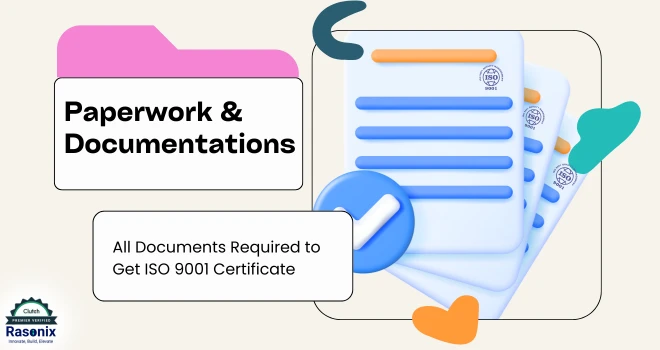
To obtain the ISO 9001 Certificate, gather the essential documents needed for a smooth application process.
- Equipment Records: Records of all equipment to ensure accurate measurements.
- Employee Training: Records of employee training, skills, experience, and qualifications.
- Product/Service Requirements: Records of reviews conducted on customer requirements.
- Design & Development: Records of design and development inputs (e.g., customer requirements, market analysis).
* Records of design and development outputs (e.g., drawings, specifications).
* Records of design and development controls (e.g., reviews, inspections).
* Records of changes to designs.
- Production/Service Provision: Characteristics of the product or service to be produced/provided.
* Records of customer property (e.g., loaned equipment).
* Records of changes to production/service provision processes.
* Records of product/service conformity with acceptance criteria.
- Nonconformities: Records of nonconforming products/services and the corrective actions taken.
- Monitoring & Measurement: Records of all monitoring and measurement results.
* Internal Audits: Records of the internal audit program.
- Management Review: Results of management reviews of the quality management.
- Corrective Actions: Records of corrective actions taken to address identified issues.
How to Get an ISO 9001 Certificate?
Obtaining ISO 9001 certification involves a structured and iterative process:
- Gap Analysis: A thorough assessment to identify the gaps between your existing practices and the requirements of the ISO 9001 standard. This helps to understand the current state of your organization's quality management processes and identify areas for improvement.
- Documentation and Implementation: Develop and implement a documented QMS, including procedures, work instructions, and records. This involves creating clear and concise documentation that outlines how your organization will meet the requirements of the ISO 9001 standard.
- Internal Audits: Conduct regular internal audits to evaluate the effectiveness of your Quality Management System (QMS). These audits help to identify nonconformities & areas for improvement and ensure that your QMS is functioning as intended.
- Management Review: Top management conducts periodic reviews to evaluate the overall performance of the QMS, address any issues, and make strategic decisions regarding the QMS.
- Certification Audit: An independent certification body conducts a thorough audit to verify your organization's compliance with the ISO 9001 standard. This involves a rigorous assessment of your QMS, including interviews, document reviews, and site visits.
- Maintaining Certification: Maintaining certification requires ongoing effort. This includes conducting regular internal audits, participating in surveillance audits by the certification body, and continuously improving your QMS to address evolving business needs and maintain compliance with the standard.
Benefits of Getting an ISO 9001 Certification
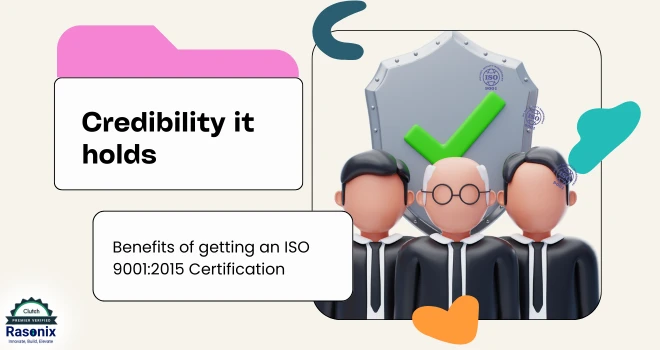
The benefits of ISO 9001 certification extend beyond simply achieving compliance. Organizations that successfully implement and maintain an ISO 9001-compliant QMS can experience significant improvements in various areas, including:
- Improved Market Share: When customers see that your company is ISO 9001 certified, it gives them a strong signal that you're serious about quality. It shows potential clients that you're reliable, trustworthy, and committed to meeting their needs.
- Enhanced Reputation: ISO 9001 certification demonstrates that your organization truly cares about quality and customer satisfaction. This builds trust with your customers, suppliers, and other stakeholders. It shows that you're a professional and reputable company that takes pride in its work.
- Improved Employee Morale: When you have a well-defined and effective quality management system (QMS) in place, it creates a clearer framework for everyone to work within.
- Reduced Risks: A key benefit of ISO 9001 is that it helps you proactively identify and address potential problems. By systematically analyzing your processes, you can pinpoint areas of weakness and take steps to mitigate risks.
Understanding the ISO 9001 Certificate
The ISO 9001 certificate is an official document issued by an accredited certification body that confirms an organization's compliance with the ISO 9001 standard. The certificate typically includes:
- Organization Information: Name and address of the certified organization
- Registration number
- Scope of certification (i.e., the specific products, services, or processes covered by the certification)
- Certification Body Information: Name and accreditation number of the certification body
- Certification Date and Validity Period: Date of initial certification and date of the next surveillance audit
- Standard Reference: Specifies the version of the ISO 9001 standard (e.g., ISO 9001:2015)
- Certification Mark: A unique symbol or logo indicating that the organization is certified to ISO 9001.
Conclusion
ISO 9001 is not just a certification; it represents a journey of continuous improvement. By adopting the principles of ISO 9001 and establishing a robust Quality Management System (QMS), organizations can unlock significant benefits, such as improved customer satisfaction, increased efficiency, reduced costs, and enhanced competitiveness.
Although the initial implementation may require considerable time and effort, the long-term rewards of ISO 9001 certification can be substantial. By promoting a culture of quality and continuous improvement, organizations can position themselves for sustainable success in today's dynamic and competitive business environment. While ISO 9001 focuses on quality standards, organizations aiming for stronger data security can also pursue ISO 27001 certification for information security compliance.
At Rasonix, we've been on the ISO journey ourselves. We're certified to ISO 9001, 27001, and 27701, so we know firsthand the ups and downs of building and maintaining a strong management system.
Our certification underscores our commitment to delivering solutions that drive success. Partner with Rasonix to experience excellence backed by globally recognized standards. Let’s discuss your needs and elevate your business today.
Frequently Asked Questions
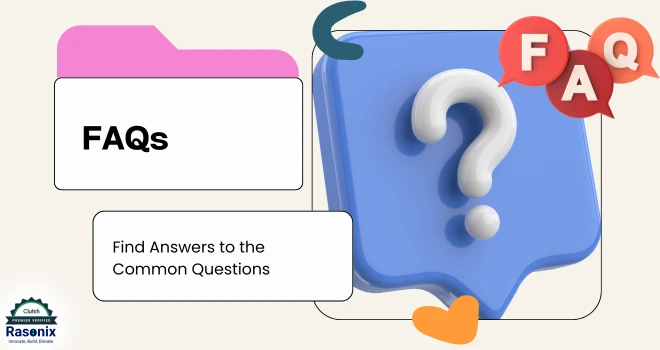
What happens if I don't maintain the required documents?
Failure to maintain accurate and up-to-date records can lead to nonconformities during internal or external audits. This can endanger your certification and potentially damage your organization's reputation.
Can I outsource the documentation process?
Yes, many organizations choose to outsource the development and maintenance of their QMS documentation to qualified consultants. This can save time and resources while ensuring compliance with ISO 9001 requirements.
How long does it typically take to get ISO 9001 certified?
The time required for ISO 9001 certification varies depending on several factors, including the size and complexity of your organization. It can typically take anywhere from 3 to 12 months.
Is ISO 9001 certification worth it?
Absolutely! The benefits of ISO 9001 certification, such as improved customer satisfaction, enhanced efficiency, and reduced risks, can significantly outweigh the initial investment.
How often should internal audits be conducted?
The frequency of internal audits depends on the size and complexity of your organization and the criticality of your processes. A common practice is to conduct internal audits at least annually.
Can I use existing company documents to fulfill the ISO 9001 documentation requirements?
Yes, you can often adapt existing company documents to meet ISO 9001 requirements. However, it's important to review these documents carefully to ensure they align with the specific requirements of the standard.

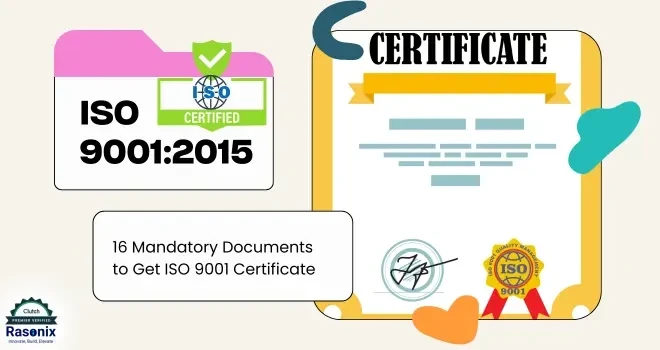






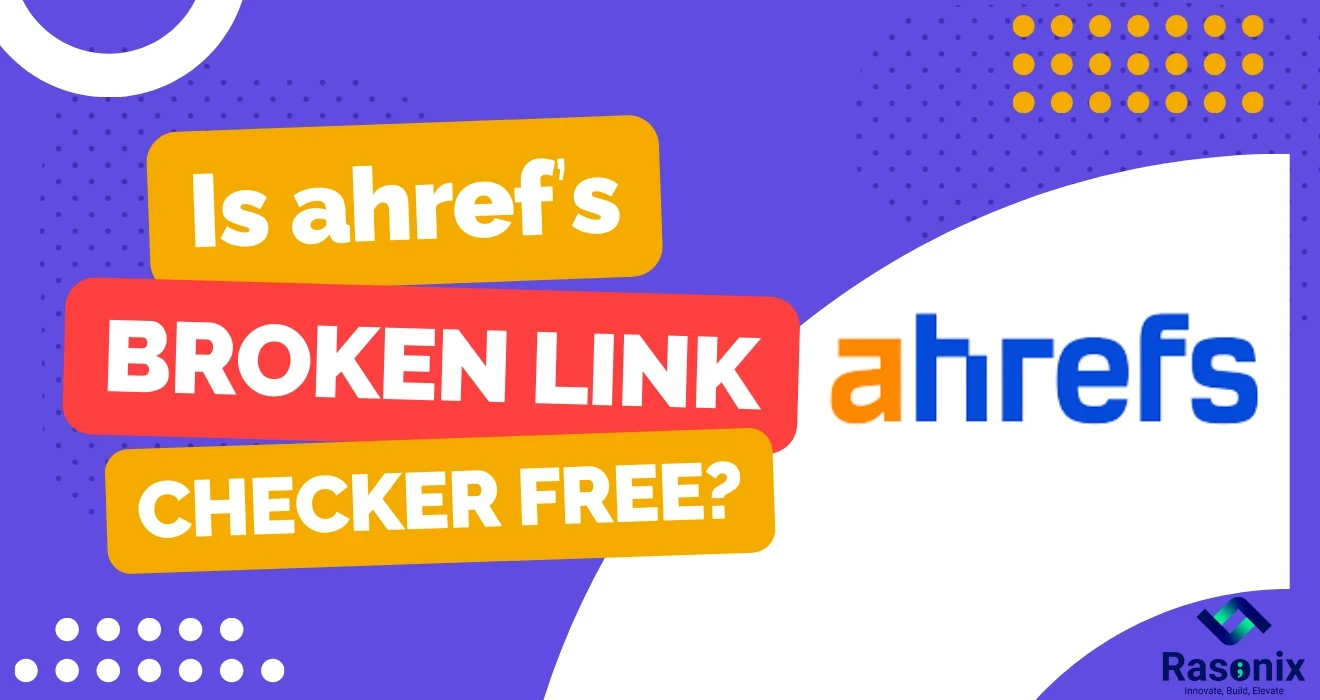












 Subscribe Now
Subscribe Now